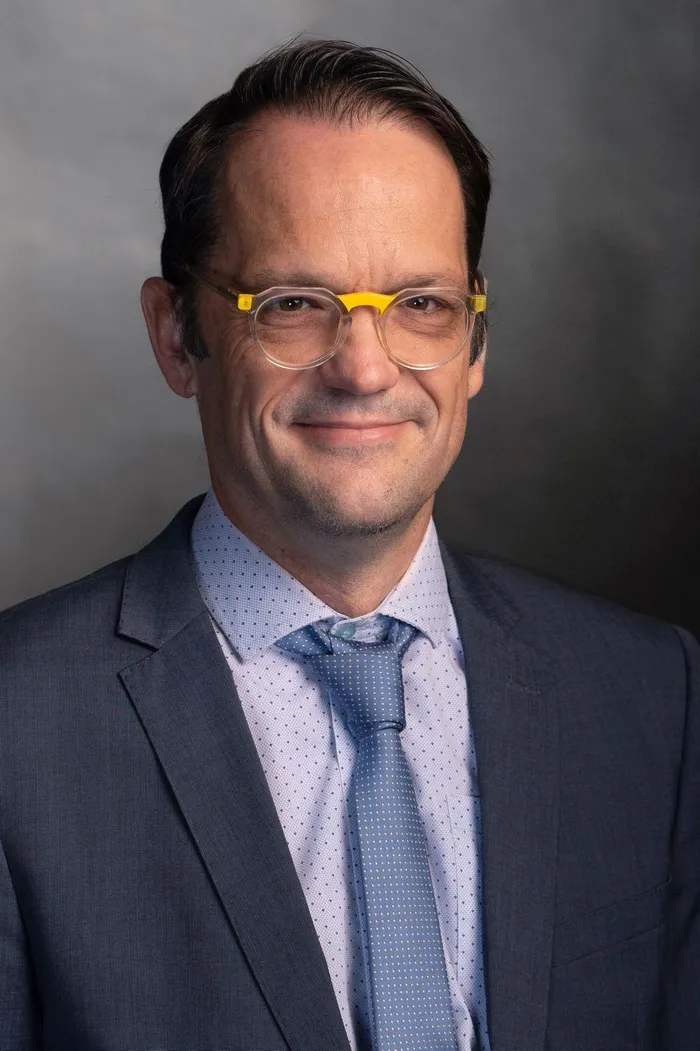
Martin Meyer is the MEC for the Department of Public Works and Infrastructure in KwaZulu-Natal.
Image: Supplied
The Department of Public Works and Infrastructure in KwaZulu-Natal has announced an initiative aimed at addressing the critical shortage of skilled artisans in the province.
During an interview yesterday, MEC Martin Meyer revealed plans to absorb qualified artisans and graduates into the Expanded Public Works Programme (EPWP), a move designed to bolster the region's technical workforce and provide vital training opportunities.
Meyer highlighted that the province was currently facing considerable challenges in cultivating skilled artisans, which was essential for economic growth and infrastructure development.
The MEC underscored the ongoing conversations with developers of the multi-billion Rand Westown project, emphasising that training young graduates to become proficient artisans was at the forefront of their agenda.
“We are talking with developers, and our talks are yielding results. At this moment, however, I can’t specify the number of graduates who will be trained,” he said.
Discussions between Meyer and the developers had been fruitful, according to the MEC, with both parties expressing optimism over forming a mutually beneficial partnership that would ultimately enhance the artisan skills landscape in KZN.
The urgency of this initiative was further underscored by the alarming shortage of training facilities available for aspiring artisans in the province.
Recently, Meyer convened a meeting with representatives from TVET colleges in Hammersdale to explore collaborative strategies aimed at revitalising artisan training programmes.
In a related effort to improve community welfare, Meyer also announced a public-private partnership initiative involving the communications giant MTN.
The agreement permits MTN to utilise eight land parcels owned by the department, aimed at driving the local economy and enhance access to technology in the uMkhanyakude District.
Speaking at a ceremony in the eThekwini region, Meyer recounted a disturbing experience from his recent fact-finding missions.
He described a local woman's account about how she travels 20 kilometres to find a spot with reception when making emergency phone calls.
“For a long period of time, the locals there had been sidelined from consistent and reliable communication and technological infrastructure,” Meyer lamented.
He raised concerns regarding the lack of network coverage at local police stations in uMkhanyakude, which often impeded law enforcement responses during emergencies.
This unavailability of communication services not only hindered public safety but called for immediate intervention to restore essential services to these communities.
DAILY NEWS